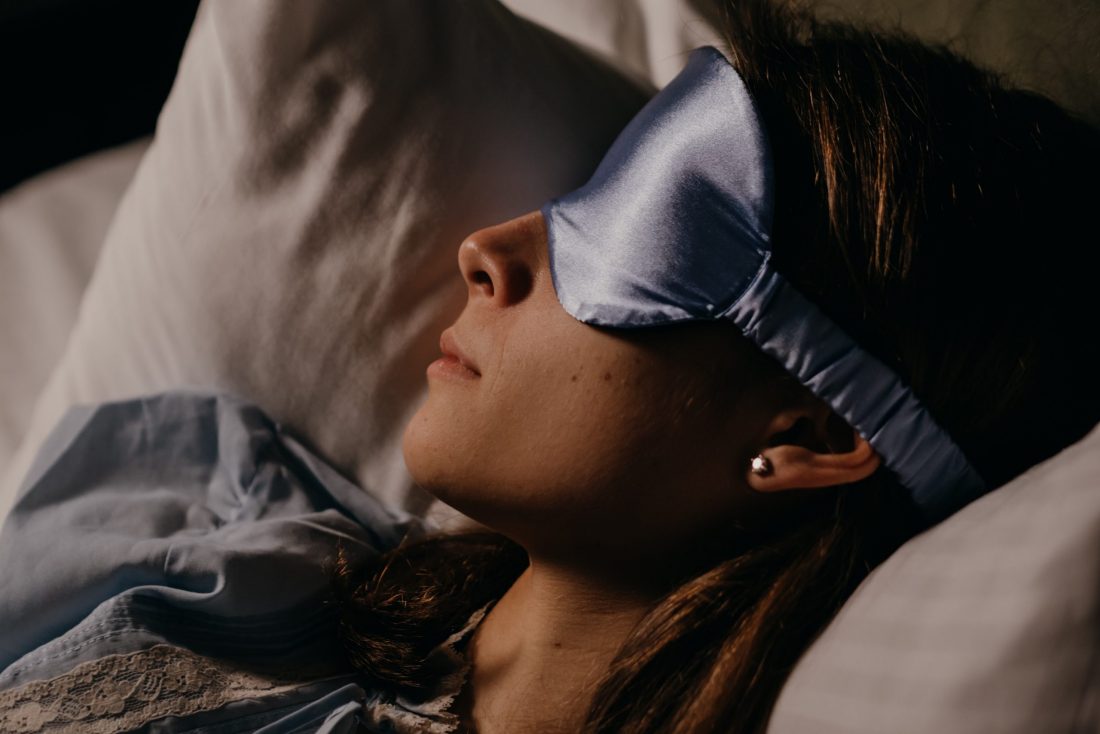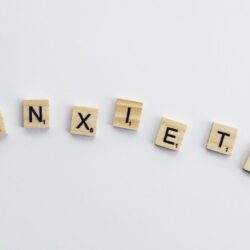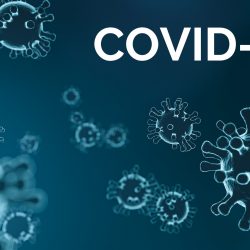The sleep is one of the pillars of our health. However, many are those who suffer from disorders (1 French in 5). From severe insomnia to interrupted and poor quality rest , including repetitive difficulty falling asleep, the range of symptoms is wide.
Many become fatalistic in the face of this serious problem, and end up “getting used to it” as best they can, accumulating an increasingly important sleep debt .
What is this particular state that we call sleep and that takes up about 1/3 of our life?
On its site, INSERM rightly points out that the state of sleep is opposed to awakening. Indeed, it is characterized by a decrease in motor activity , a discontinuity in mental activity and a decrease in sensory responses .
It is linked to complex brain mechanisms. When we are awake, our brain is stimulated via the cerebral cortex by neurotransmitters: serotonin, acetylcholine or even norepinephrine, for example. Their emission is linked to external stimuli from the environment, noise, but also food intake, or stress . During the sleep phase , these stimuli are reduced and the neural networks discharging these neurotransmitters gradually cease their activity. Certain neurons, located in the anterior hypothalamus, are specifically responsible for gradually deactivating these neural networks to allow falling asleep.
But sleep is not just a “sleep” of our physical and mental activities. It is truly a different state, with very clear physiological changes: slowed heart rate and respiration, specific hormonal secretions, drop in temperature …
Biologically, we are subjected to a rhythm of about 24 hours, called the circadian cycle . During this cycle, many variations occur in our body (hormonal secretion, metabolism, etc.) Two periods in this cycle are particularly favorable to sleep : from 11 pm to 7 am, and from 2 pm to 4 pm.
The sleep (s)?
After the phase of falling asleep , more or less fast depending on the individual, we go into so- called ” slow ” sleep for a period of 1:10 to 1:40, during which light sleep gives way to deep sleep . At the end of this phase, we go into REM sleepfor 10 to 15 minutes. The paradoxical is the object of all the fascinations since it is the time of dreams. Brain activity is intense again. This alternation between slow sleep and paradoxical sleep constitutes a cycle, there are between 4 and 6 per night, one after the other. At the end of the paradoxical phase, there is a very short phase during which the awakening is very easy. It is usually at these times that we change positions or pull the blanket up onto our shoulders. If stimulation takes place at this time, arousal occurs.
The first cycles of the night have more deep slow phases than those of the late night.
Sleep is a physiological need that fulfills many functions
Sleep is essential to maintain and develop our cognitive faculties . It allows connections between neurons linked to our memory and organizes our knowledge.
In children, the link between rest and learning has been clearly demonstrated, so it actively participates in brain maturation.
Its impact on the central nervous system is fundamental; myelin-producing cells are most active during sleep.
It is also involved in the growth of children , since growth hormone (somatotropin) is secreted during sleep.
Sleep also has a role in immunity:
The leukocytes would be strengthened while one sleeps.
It allows the proper functioning of the blood sugar regulation system .
Quite simply, sleep , by putting our body to rest, contributes to its repair ; it is during rest that we reconstitute our energy stocks (glycogen), that our cells regenerate, that we synthesize proteins (and therefore muscle) and that all of our functions can also, to rest. Sleep allows the body to purify itself by eliminating its toxins (hence the interest of not having a heavy and late dinner!)
Finally, sleep generates the secretion of leptin, a satiety hormone . This confirms the old proverb ” who sleeps dines “.
The consequences of deprivation are multifaceted. Of course, they are linked to the causes of sleep disorders and the individual, but they always affect our general state of health in the more or less long term .
The lack of sleep may be responsible for mood disorders , visual and hearing disorders, disturbances in thinking and alertness. It can also cause psychomotor instability, somesthesic disorders or even temporal perception disorders.
In our current society, it is good to preserve and promote its rest, including during benefactor naps, because, as the Chinese proverb says: ” The tiger also needs sleep “.







